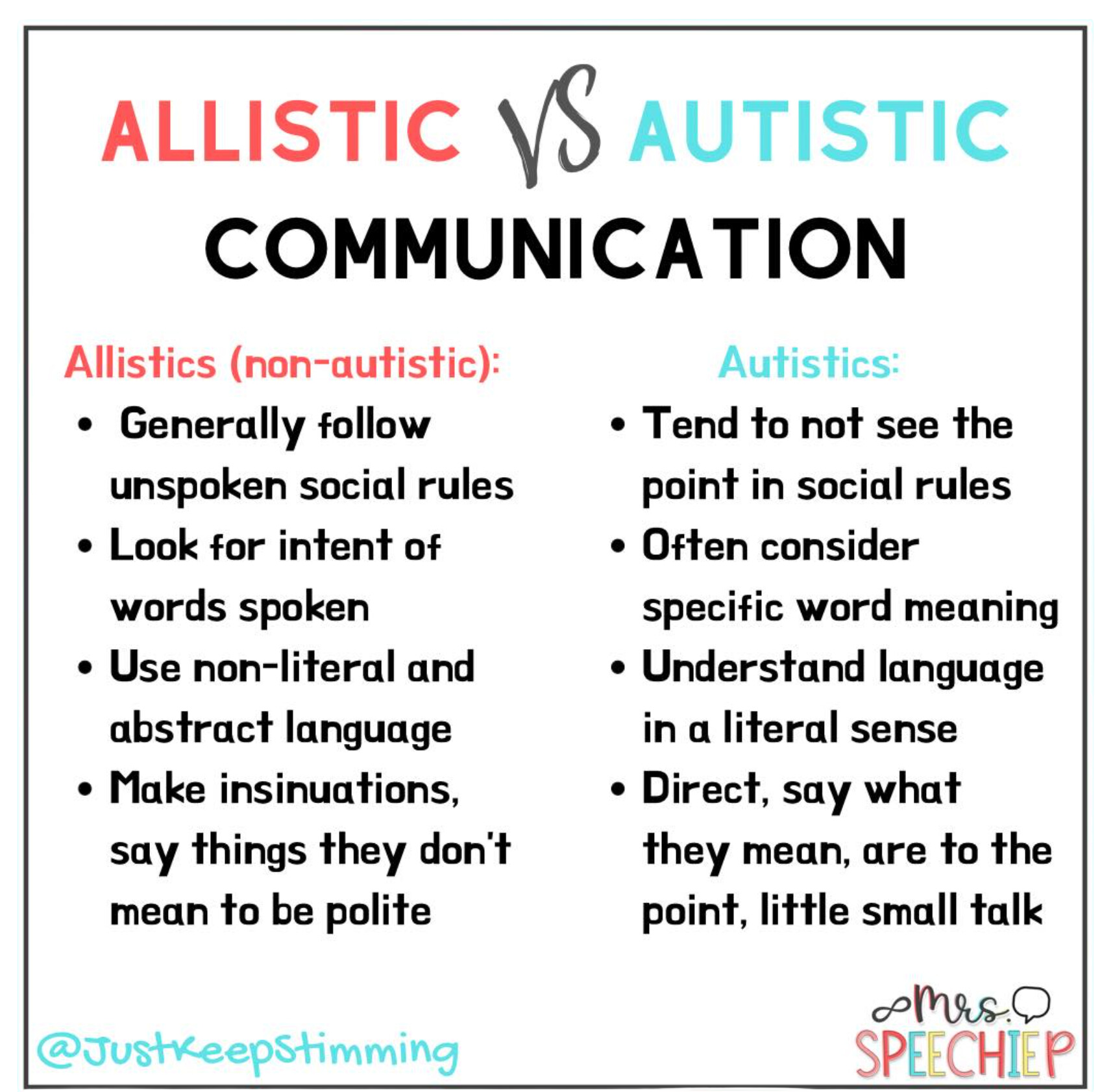Understanding Autistic Communication
Today is the twenty-third anniversary of 9/11, a terrible day that shocked Americans and people all over the world. I remember exactly where I was the morning of the attack on the Twin Towers in New York City. I was nine years old, in third grade. The morning started like any other day, but soon, I could sense a change in the teacher. She turned on the news, and the sounds of screaming people running from plumes of smoke flashed across the screen.
My classmates fell silent, more in response to seeing our teacher cry than to the images on the screen. Not long afterward, my classmates and I were boarding school buses back home. At first, I thought we were going on a field trip and was disappointed when I was dropped back home. I was surprised to see my mother home from work.
She barely registered when my siblings and I ran through the door. I had never seen my mother scared before. She had always seemed hard, stoic, and unflinching. She was watching the same images as my teacher. Curious about what could transfix her gaze, I walked up to her.
She was standing in front of our modest television, her hand clasped to her mouth, silent tears streaming down her face. On-screen, a survivor was being interviewed near ground zero. The survivor wasn’t covered in dust like the others nearby. She was young, dressed in a blazer and pencil skirt, crying uncontrollably. I remember her words as clear as day: “I just don’t understand. They can’t be gone. They just can’t be.” She looked terrified.
I didn't understand what she meant, so I replied matter-of-factly, “What doesn’t she understand? The people died.” Before I could continue, I felt a stinging sensation across my face and tumbled backward. Dazed and confused, I saw my mother’s fierce and stoic gaze above me, her arm cocked back threateningly. She confirmed that I was afraid before she returned to watching the news. The message was clear: I had done something unspeakable in my mother’s eyes. My comment must have lacked empathy.
In her shock, my mother did not take the time to ask me what I meant by my comment or to teach me that my words could be hurtful. That was not the first time that my mother had reacted impulsively with violence, and it would not be her last. But it was the first time that I remember understanding that I was unsafe with my mother. She often scolded me for not “having common sense” and seemed ashamed of my inability to be “respectable” in public. Twenty-three years later, I now know that I am Autistic and that I communicate and process information differently than Neurotypical people. Before I knew what masking was, I first learned to mask to be safe in my home.
I’m a late discoverer of my Autism and other Neurodivergent traits, and ever since, I’ve gone on a journey to heal from a lifetime of internalized ableism and to re-parent my younger Neurodivergent self. I’m grateful that I can now learn, reflect, and take time to heal my childhood traumas.
Many stories mirror my own. One in five people are Neurodivergent, and millions of us are working to recover from the wounds caused by anti-Neurodivergent bias. As adults, we can choose a different path.
I speak with people all over the country about Neurodiversity, healing, and letting go of internalized ableism. If you’d like to invite me to speak with your Employee Resource Group, affinity group, or PGA, reach out.


